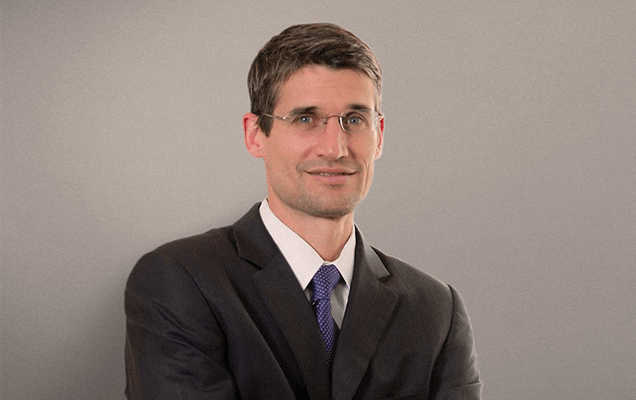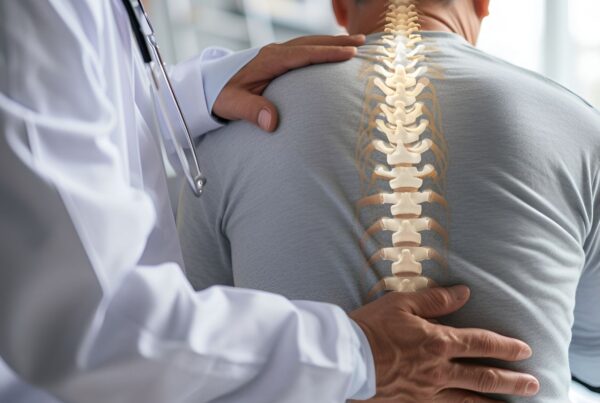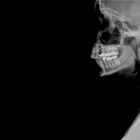Microdiscectomy offers thousands of people the relief they’ve been seeking. Although providing many with relief, the procedure still leaves many potential patients wondering, what is the microdiscectomy success rate? What makes a microdiscectomy such an amazing option is the relatively quick overall recovery time and very high success rate. More and more people are choosing to have microdiscectomies in favor of the typically shorter recovery times and a lower chance of having to undergo additional procedures.
What Is a Microdiscectomy?
Almost 40 years ago, in 1977, the very first microdiscectomy was performed. Since then, the techniques and equipment have been improved upon and refined, making it an excellent option for patients seeking a minimally invasive surgery that can yield excellent results.
Minimally invasive microdiscectomy is a frequently chosen alternative to the more invasive open discectomy. Instead of creating a large surgical site that involves more damage to muscle and other tissue, a minimally invasive microdiscectomy is performed via a small incision or incisions through which a microscope and tiny instruments are passed. Muscles are separated, rather than cut, creating a much less traumatic surgical site.
Visualization of nerves and other structures is increased, and it is much easier for the surgeon to determine where the offending disc is creating problems. This results in an increased level of accuracy and higher success rates.
How Effective Is Microdiscectomy Surgery?
While it’s hard to quantify success in terms of surgical recovery (due to different lifestyles and activity levels of individual patients), a consistent 80-90 percent microdiscectomy success rate has been reported in numerous studies. This correlates with the ability for the patient to eventually return to most – if not all – of their previous activities.
A Good Surgeon – the Key to a Successful Outcome
As with any surgery, it is vital that you find the best surgeon to perform your surgery. You should not only assess their skill level, but also how well you feel you relate to them and whether or not you fully trust them. Sometimes it can take several meet-and-greets before you find the perfect doctor. You should never settle for someone who seems good enough.
Here is a checklist of all of the traits you should seek when looking for a surgeon to perform your microdiscectomy.
Trust
It’s vital that you trust your surgeon completely. If anything seems off, consider seeking a second opinion or going elsewhere. Your health and well-being are at stake, and you need to advocate for yourself in this endeavor.
Open and knowledgeable
Too often, patients feel like they are left in the dark after discussing an upcoming surgery with their doctor. Either they haven’t received enough useful information, or they feel the surgeon hasn’t taken the time to explain everything to them. Be sure to find a surgeon who is willing to sit down and take the time to talk with you. Ask questions – if it is of concern to you, or you want to better understand your impending surgery, your doctor should be willing and able to provide you with the necessary information to ensure you’re properly prepared.
A proven track record
It is perfectly acceptable to ask all potential surgeon candidates how many microdiscectomies they have performed. You can also ask about their individual success rates with the procedure and whether they feel fully comfortable performing this type of surgery. Do they specialize in microdiscectomies? How much of their practice is focused on spinal surgeries, or even microdiscectomies, for that matter?
Straight talk
Don’t be shy to ask for references or even the names of patients willing to share their experiences with you. This is a two-fold benefit – you can learn more about your prospective surgeon and also gain insight into what to expect after you’ve undergone the surgery.
Board certification
Make sure your surgeon is board-certified. Board certification guarantees that they are up-to-date on the latest techniques, technology and associated studies. It can also give you peace of mind knowing that they have passed the rigorous exam process and have proven their ability both conceptually and while in the operating room.
Too good to be true?
If what you’re hearing from your surgeon sounds too good to be true, it just may be. While the vast majority of surgeons have your well-being as the first priority, it’s important to go with your gut. If your prospective doctor is promising things that don’t sound realistic (such as guaranteed alleviation of symptoms), you should seek a second opinion. No surgery is fail-proof, nor is any surgeon absolutely perfect. Every individual patient is just that – an individual. This means your response and healing may differ vastly from anyone else’s experience.
Availability
Your relationship with your surgeon doesn’t end when the incision is closed up. Your doctor should be willing to return your calls and see you throughout your recovery process. Don’t hesitate to ask if this is something they are comfortable doing – after all, it’s your spine health that’s at stake!
While the above is nowhere near an exhaustive list of all of the things you should look for to ensure a high microdiscectomy success rate, it’s a good start towards your journey back to comfort and wholeness. You deserve a life without pain and discomfort. A microdiscectomy may be just the answer to you finding that freedom.


About Dr. Alfred T. Ogden
Dr. Alfred T. Ogden is an accomplished neurosurgeon in North Jersey and is a proud member of Neurosurgeons of New Jersey, practicing out of their Ridgewood office conveniently located on East Ridgewood Avenue. Dr. Ogden is internationally recognized as a leader in minimally invasive spine surgery.
Recent Posts:

What to Expect After Spinal Fusion: A Comprehensive Recovery Timeline
Please call today to schedule a consultation with me.
(551) 284-3265
Request a consultation with Dr. Ogden





